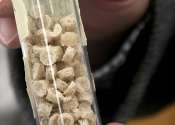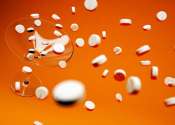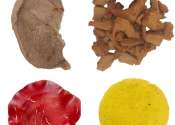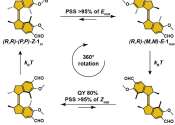Researchers develop eggshell 'bioplastic' pellet as sustainable alternative to plastic
What if there was plastic-like material that could absorb excess nutrients from water and be used as a fertilizer when it decomposes? That product—a "bioplastic" material—has been created by University of Saskatchewan ...









